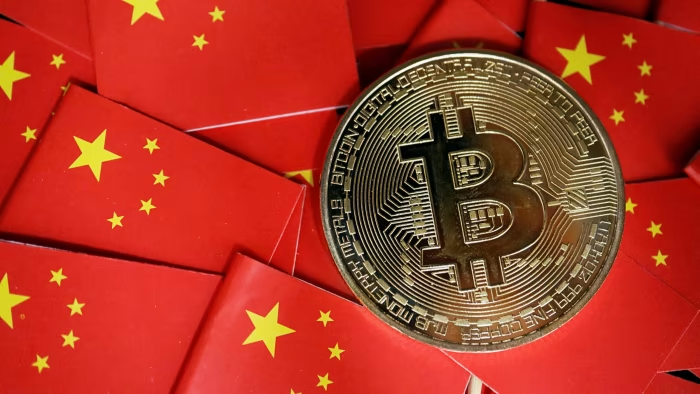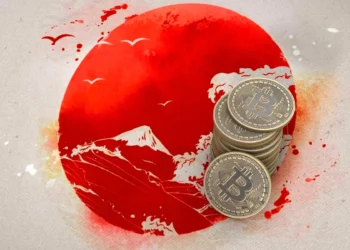The People’s Bank of China recently released its China Financial Stability Report 2024, which offers a detailed analysis of global cryptocurrency regulations, focusing on Hong Kong’s regulatory progress.
The report highlights increased global regulatory oversight of crypto assets following market disruptions in 2022. In 2023, the cryptocurrency market rebounded to a value of $1.55 trillion, marking a 10.71% increase year-on-year. However, concerns over financial stability persist, with 51 countries implementing bans on crypto assets. Key regulatory updates include the SEC’s postponement of Bitcoin spot ETFs until January 2024, the forthcoming Crypto-Asset Market Regulation Act in the EU, and regulation of stablecoins in the UK and Singapore.
Notably, Hong Kong has introduced a “dual license” system, categorizing virtual assets as either securitized or non-securitized, affecting how security and non-security tokens are regulated. Major financial institutions, such as HSBC and Standard Chartered, are required to oversee crypto exchanges.
The report also emphasizes the volatility of crypto markets and the necessity for a global regulatory framework led by the FSB and IMF to address potential risks to macroeconomic stability. The FSB’s International Regulatory Framework for Crypto Assets, released in July 2023, promotes uniform regulatory standards for crypto and traditional financial businesses, advocating for governance, risk management, data integrity, and international collaboration. Additionally, it focuses on global stablecoin regulation, emphasizing user protections and liquidity requirements.
Looking ahead, the FSB plans to evaluate the effectiveness of these regulatory recommendations by the end of 2025 and assess whether further action is needed to address the evolving risks posed by crypto assets and global stablecoins.
Meanwhile, HashKey Group chairman Xiao Feng suggested that China might reconsider its ban on crypto trading, mining, and ICOs due to U.S. President-elect Donald Trump’s pro-crypto policies. Xiao believes that while China would have taken five or six years to embrace crypto businesses, the current geopolitical situation could shorten this timeline to just two years.
If you want to read more news articles like this, visit DeFi Planet and follow us on Twitter, LinkedIn, Facebook, Instagram, and CoinMarketCap Community.
“Take control of your crypto portfolio with Markets PRO, DeFi Planet’s suite of analytics tools.”





















